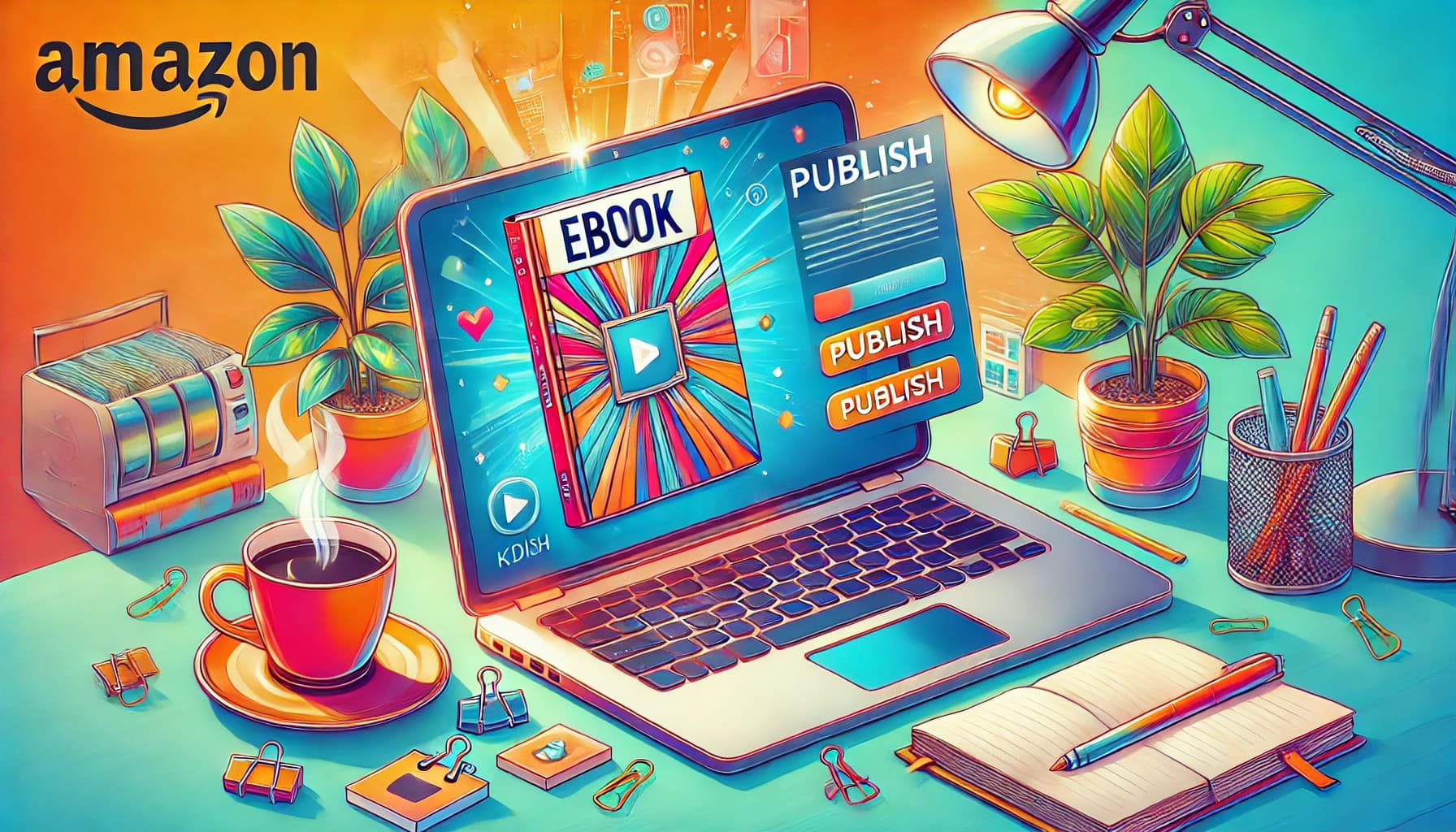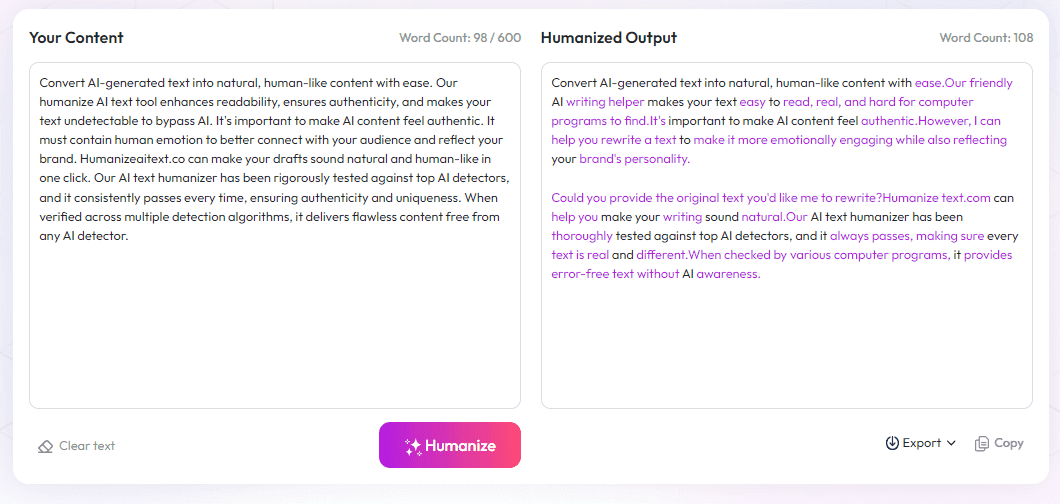Table of Contents
Looking to figure out the best publishing degree programs in 2025? I get it—there's a lot of options, and choosing the right one can feel overwhelming. But don’t worry, if you keep reading, I’ll help you understand what makes a program stand out, how to pick the right degree for you, and even some tips on getting in.
By the end, you'll have a clear idea of what to look for, the top schools offering publishing studies, and practical advice to kickstart your journey. Ready to find your perfect publishing path? Let’s go!
Key Takeaways
- Publishing degrees teach skills for jobs like editing, digital content, and marketing in the media world. Top schools like Emerson, NYU, and Pace are best for hands-on experience and industry links. Costs are relatively low, around $7,400 a year, with some scholarships available. Acceptance is competitive, needing strong writing or digital skills. Graduates can work as editors, content managers, and marketers, earning $35,000–$50,000 starting, with higher pay for experienced roles. Living in major cities like New York or Boston offers better job prospects. Focus on programs that match your career goals, offer internships, and have active industry connections to get the most out of your education.

Wondering what publishing degree programs are all about in 2025? Basically, these programs train students to succeed in the lively world of book publishing, magazine editing, digital content, and more. They typically focus on areas like editorial practices, publishing technology, marketing, and media management.
Although publishing degrees aren’t the most common major—ranking 299th in popularity during the 2021-2022 school year with just over 300 degrees awarded—the fields they open doors to are still vital for the media and entertainment industry.
Top schools for publishing in 2025 include Emerson College, known for its innovative curriculum and connections in Boston’s vibrant publishing scene, New York University, sitting right in the publishing capital, and Pace University, which offers practical experience in Manhattan. These schools are leading the way as the best options for budding publishers today.
Today, there are about 30 colleges offering specialized publishing programs or related courses, and their popularity is steadily growing, despite the overall numbers being modest. For instance, the average tuition for undergraduate publishing programs hovers around $7,388 for state residents, making them a relatively affordable option in many places.
When you look at college enrollment statistics, the picture gets even more interesting. As of spring 2025, around 18.4 million students are enrolled in U.S. colleges, including 8.3 million pursuing bachelor’s degrees. While publishing isn’t a mainstream choice, students interested in this field are part of a broader postsecondary scene that’s growing by about 3.2% since last year.
In terms of demographics, about 74.9% of undergraduates attend four-year colleges, with a majority enrolling in public institutions. These numbers reveal the landscape where publishing programs fit—generally, students seeking flexible, affordable options with the potential to reach publishers, writers, and media companies.
Thinking about diving into a publishing degree? It’s smart to consider the features that make a program stand out. Look for hands-on experiences such as internships or partnerships with publishing houses, cutting-edge technology courses, and faculty who are active in the industry. The best programs blend classroom theory with real-world skills—so check for updated curricula that include digital media, social publishing trends, and content distribution strategies.
As featured in top rankings, schools like Emerson and NYU don’t just teach—they connect students with industry insiders through workshops, guest lectures, and internships that can lead straight to employment after graduation. This practical approach is especially important given that publishing was awarded just over 300 degrees in the last reported year, signaling a niche but impactful field.
In terms of how to identify the right fit, start by looking for programs that align with your specific goals—whether that’s becoming an editor, digital publisher, or content marketer. Review each school’s features—such as the curriculum focus, alumni success stories, and available resources—and don’t hesitate to reach out for virtual admissions events or info sessions.
To get a clearer idea of the current market, check out resources like industry reports or case studies on purpose-built (https://automateed.com/how-to-get-a-book-published-without-an-agent/) that are shaping future publishers in 2025. This way, you’ll see which universities are adapting to digital trends and preparing students for new publishing landscapes.
In summary, even though publishing degrees aren’t the most popular majors, they hold significant value in today’s evolving media world. Finding the best program involves understanding your goals, researching top schools, and evaluating what features set each apart—like industry connections, curriculum focus, and practical opportunities.

Acceptance Rates and Admission Tips for Publishing Programs
Gaining entry into publishing majors isn't a walk in the park, especially since these programs tend to be more niche.
Acceptance rates typically hover around 25-40%, depending on the school, so competitive schools often seek students with strong writing, editing, or digital skills.
To improve your chances, focus on developing a solid portfolio of writing samples, editorial work, or digital projects.
Make sure to highlight any relevant experience, such as internships or freelance writing, in your application.
Getting letters of recommendation from industry professionals or professors who know your work can also boost your profile.
Don't forget to craft a compelling personal statement that explains why publishing interests you and how you plan to contribute to the field.
Finally, stay on top of application deadlines and consider reaching out to admissions offices or program coordinators to ask questions—sometimes, showing genuine interest makes a difference.
Career Paths and Salary Expectations for Publishing Graduates in 2025
Graduates with publishing degrees often find themselves in roles like editors, digital content managers, marketing specialists, or publishing assistants.
Starting salaries typically range from $35,000 to $50,000, but they can rise significantly with experience and specialization.
For example, a senior editor at a trade publisher can earn upwards of $70,000 or more, especially in major markets like New York or Los Angeles.
Digital content creators and social media managers are also in demand, with some earning over $60,000 as they build their portfolios.
Many publishing careers today lean heavily toward digital and multimedia skills, so proficiency in tools like Adobe Creative Suite or social media platforms can boost earning potential.
Keep in mind that side gigs like freelance editing or writing can supplement your income while building your reputation.
Networking and internship experience play crucial roles in landing higher-paying roles, so get involved early and stay connected with industry contacts.
Best Cities and Locations for Publishing Studies
If you're aiming to work in publishing, the location of your studies matters.
Cities like New York, Boston, and Los Angeles are considered hubs of the media and publishing world.
New York, in particular, hosts the headquarters of major publishing houses, magazines, and literary agencies.
Boston is renowned for its educational institutions and a vibrant literary scene, making it great for internships and industry connections.
Larger cities also offer opportunities for conferences, networking events, and meetups that can open doors after graduation.
However, smaller markets like Chicago or Charlotte offer more affordable living costs while still providing access to regional publishers.
Some programs are also increasingly offering online or hybrid options, allowing students to gain industry insights without relocating.
Think about your long-term career goals, preferred lifestyle, and affordability when choosing a city for publishing studies.
Financial Costs and Financial Aid for Publishing Programs in 2025
Attending a publishing program isn't necessarily costly compared to other majors, but tuition varies.
On average, undergraduate publishing programs cost around $7,388 per year for in-state students, with private colleges charging more.
Many schools offer scholarships, especially for students with strong writing or digital skills.
Look into departmental scholarships, federal aid, or private grants to offset costs.
Some programs also provide work-study opportunities or assistantships, which combine earning with gaining experience.
Online and hybrid programs can sometimes be more affordable, with tuition rates that are competitive compared to traditional brick-and-mortar schools.
Don't forget to consider additional expenses like textbooks, software, and living costs—these can add up quickly.
Planning your finances early and exploring all available aid options will make your publishing education more affordable.
Check out resources like the (https://studentaid.gov/) website for tips on applying for aid or scholarships specific to publishing or media studies.
How to Choose the Right Publishing Program for Your Goals in 2025
Picking the right publishing program boils down to understanding what you want to do after graduation.
Are you aiming to be an editor, a digital content strategist, a literary agent, or something else?
Start by listing your career goals, then look for programs that feature relevant coursework like editing, digital media, or content marketing.
Check if the school offers internships or partnerships with actual publishing houses—a key to real-world experience.
Review faculty backgrounds: are they active professionals in publishing? Do they have industry connections?
Look into alumni success stories—where are graduates working now?
Consider the program’s location, cost, and resources like software, labs, or industry events.
Lastly, reach out directly via info sessions or campus visits (virtual options work too) to get a feel for the school’s environment and support systems.
Resources to Help You Apply for Publishing Degree Programs in 2025
Applying to publishing programs can seem overwhelming, but plenty of resources are available to simplify the process.
Start by visiting college websites to get details on admissions, scholarship opportunities, and program specifics.
Attend virtual open houses or info sessions to ask questions directly to program coordinators and current students.
Use online tools like (https://automateed.com/how-to-apply-to-colleges/) to keep track of deadlines and required documents.
Connect with alumni or current students via LinkedIn or industry forums for inside tips and advice.
Explore industry publications or forums to see what skills and experiences employers value most in 2025.
Look into industry-specific resources like (https://automateed.com/horror-story-plot/) that often host workshops, panels, and networking events—perfect for boosting your application profile.
Lastly, consider consulting a college counselor or career coach specializing in media and publishing for tailored guidance.
FAQs
Look for programs with experienced faculty, internship opportunities, industry connections, and updated curricula that cover current publishing trends and technologies to prepare for the evolving industry landscape.
Admission rates vary by institution, but competitive programs often require strong academic records, relevant experience, and a clear statement of purpose. Preparing a solid application can improve your chances.
Graduates can pursue careers in editing, publishing management, digital content creation, literary agent work, and media production, among others in the publishing and media industries.
Consider your career goals, program curriculum, faculty expertise, opportunities for hands-on experience, and location. Visiting campuses and talking to current students can also help in making your decision.



